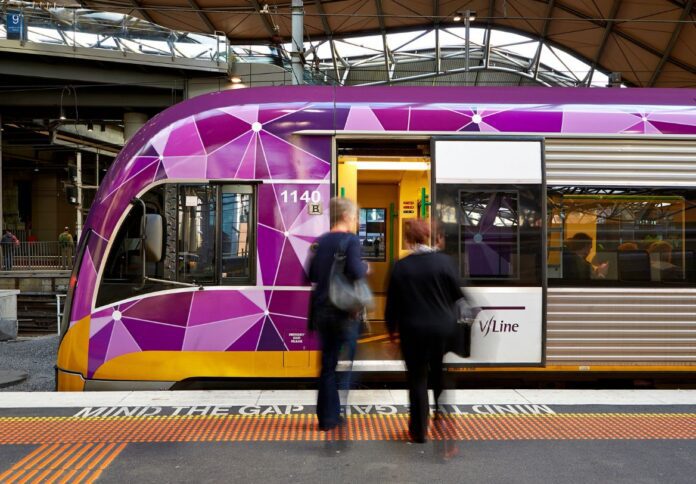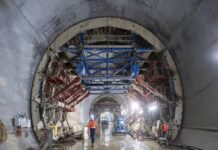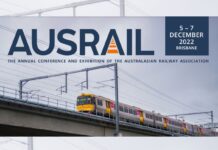
The Australasian Railway Association (ARA) is seeking the establishment of a national content policy for rolling stock procurement after a report revealed that governments could have saved $1.85 billion over the last decade if efficient local content policies have been established across Australia.
ARA Chair Danny Broad pointed out that Australia’s rolling stock manufacturing capability is being hampered by inefficiency in state-based local content policies, making it difficult for organisations to work across state lines to build economies of scale.
States and territories across Australia currently use different procurement policies for purchasing rail assets, such as rolling stock, including state-based local content requirements.
The report, published by BIS Oxford and Hadron Group, said that while these policies supported local jobs in the short term, it undermines the long-term sustainability of the rolling stock manufacturing industry.
The ARA head also said these local content policies have made operating in different states akin to operating in different countries.
This problem has also led to the duplication of facilities and inconsistency between states and made it too hard for some organisations to bid for key contracts, Broad added.
The report outlined procurement costs that could have been saved from the last decade, which include $717 million from increased scale, $811 million from reduced complexity in planning and design, and $318 million from major componentry harmonisation.
Assistant Minister for Manufacturing and Trade Tim Ayres welcomed the report’s findings, adding that different approaches in states and territories to rail procurement and manufacturing lead to increased costs, wider workforce gap, and constraints in investments.
“By working together to build and maintain modern passenger trains, Australia can reduce procurement costs while boosting manufacturing capability and creating high-skilled jobs in regional and outer suburban Australia,” Ayres said.
The rail manufacturing and supply sector generates a total of $2.4 billion in revenue per year and supports more than 4,000 jobs, many of which are in regional areas, ARA said in a press release.



















